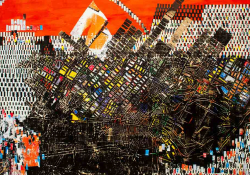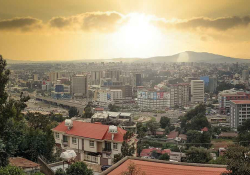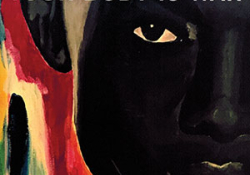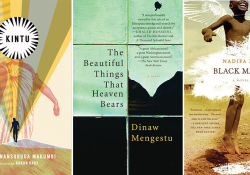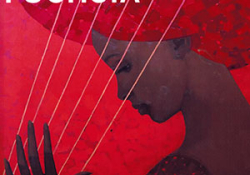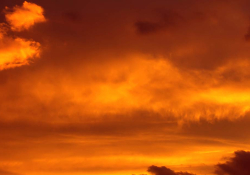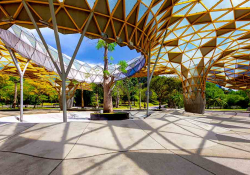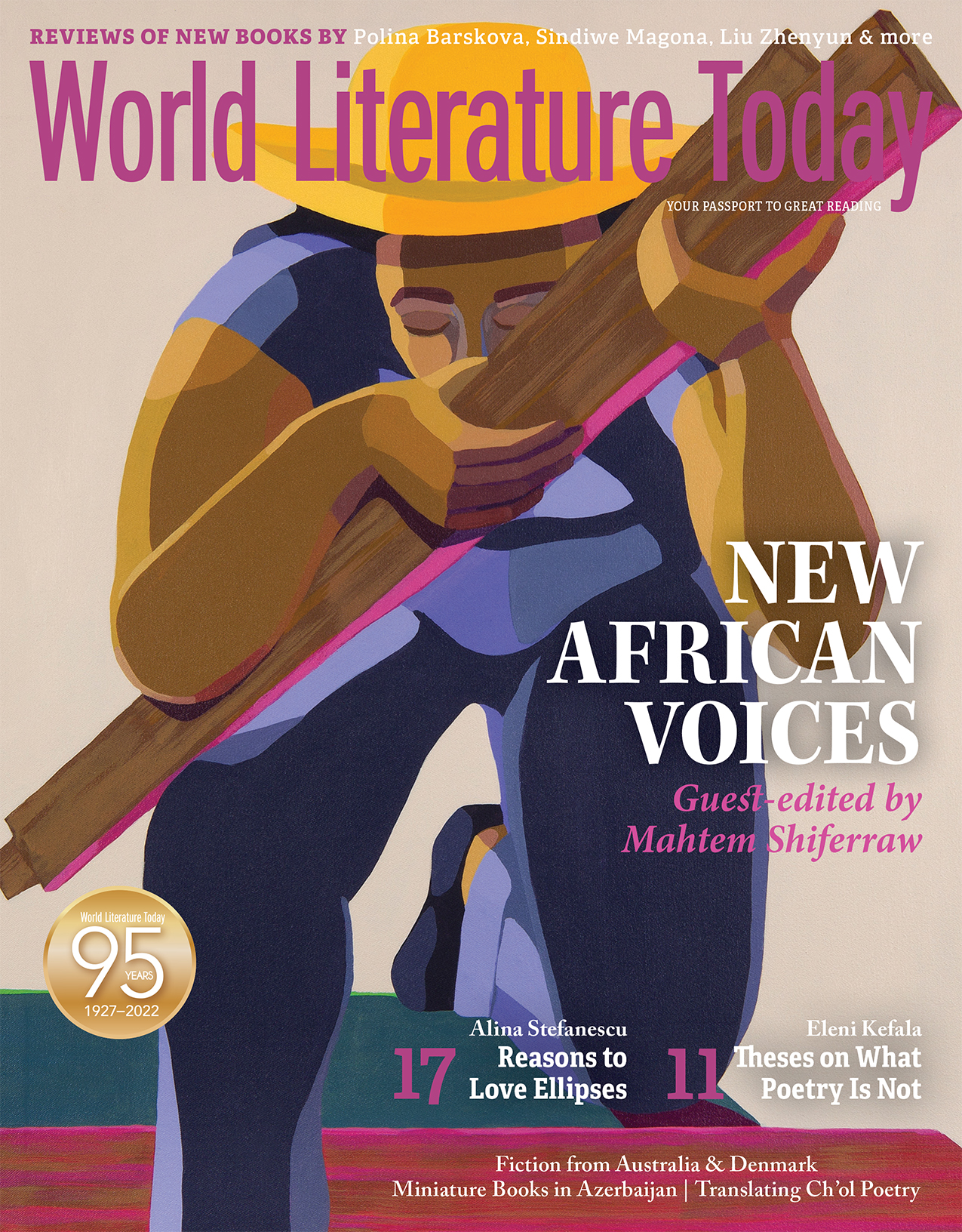Introduction
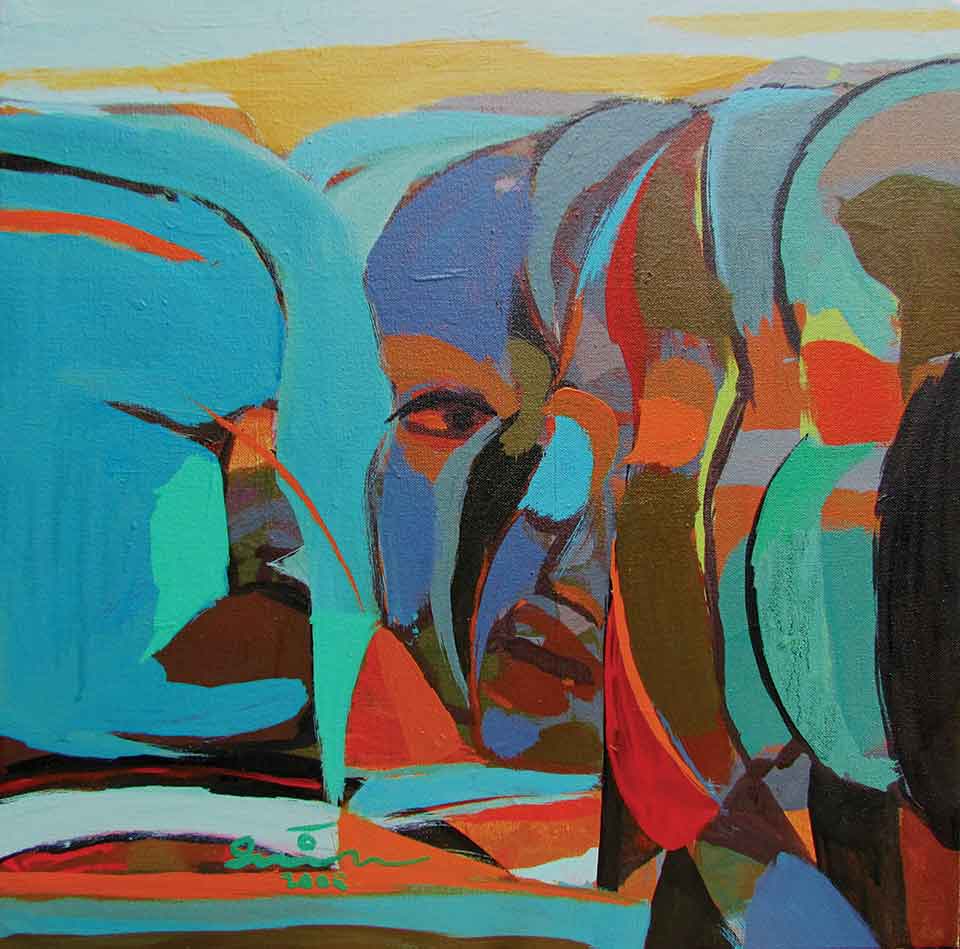
There are many things I wish to tell you about the state of African literature today, but none would be able to be contained in a single issue, or multiple ones for that matter. The state of African literature is, as it always has been, fluid, multilayered, always in movement—toward new genres, toward new voices, toward new generations that are doing simply stunning, stunning work, following in the footsteps of their antecedents. Perhaps a decade ago, it would not have been possible to place us all together like this; spanning across the continent, across different generations, making a truly remarkable and global impact by getting our work published, translated, reviewed, distributed, quoted, studied. But now, here we are, all of us mapped like new constellations, a new cartography emerging through different genres, aesthetics, styles, voices, too many to be contained in any pages. With this issue, we are bringing some of the new voices that are doing exciting work; this portfolio is not meant to be exhaustive by any means, nor is it meant to be read as comprehensive, or representative work of voices from Africa. Rather, with this portfolio, I hope you’re able to see a glimpse: a glimpse into some exciting work that’s coming out of the continent, whether it is in poetry, fiction, nonfiction, or standing as its own genre—this is our offering to you.
Here, you’ll find the beauties of cities like Ibadan, Asmara, Kinshasa, and more—because what are we if not our geographies, littered on our bodies like ancient languages, for better or for worse. But we are also history—oh, so much history, oftentimes marred with the specter of colonialism and its complicated legacies. In Henk Rossouw’s “Little Perpetrator,” the complicity of whiteness permeates a city, a people, the throat hiding the speaker’s given tongue; while in Famia Nkansa’s “Speaking Words,” a lover’s tongue is mystic, a new language, a new music. Henneh Kyereh Kwaku’s speaker makes a home in a dark place, while Nadra Mabrouk encapsulates the essence of what it means to be constantly in movement, constantly diasporic, when she says, how to run while looking back, everything certain as blood. Everything certain as blood. Think about that for a moment. The certainty of it, the death and dying—so much at stake, such immediacy in the language, in what is both said and left unsaid. And that is really the strength of New African Voices—they do not hold back, they do not succumb to the stereotypical depictions of what it means to be an African writer today—they are varied, intricate, complicated in their own stance, and, as a result, they create a mapping that is equally vast, largely metaphoric, filled with new lights—new marvelings for us to consider, new wonders from the continent.
These writers create a mapping that is equally vast, largely metaphoric, filled with new lights—new marvelings for us to consider, new wonders from the continent.
When I think of African literature today, I get jittery with excitement. It’s not that we didn’t have African writing before, rather, it’s that because of the tireless work of different African outlets, we are now more visible than ever—especially in the Western world, where we are writing in English as well as many of our own languages. Literary prizes such as the Evaristo African Poetry Prize (UK), established by Bernardine Evaristo, and the African Poetry Book Fund, established by Kwame Dawes and Chris Abani, were instrumental in bringing to light new voices from the continent that were not previously published, including myself (I was awarded the Sillerman First Book Prize for African Poets in 2015). Before they rose to notoriety through different avenues, writers such as Safia Elhillo, Ladan Osman, Romeo Oriogun, and Hope Wabuke were all first published in the New-Generation African Poets chapbook box set through the African Poetry Book Fund. And each has moved to publishing full-length collections and working across different genres and disciplines, adding more breadth to what we can now consider to be African literature. When I think of New African Voices, some of whom are included in this portfolio, I am filled with awe; these are the voices we didn’t grow up reading, studying, analyzing; although we all come from such rich and ancient histories and varied cultural backgrounds, equally effervescent in our own different modes of storytelling, we still did not have this canon we have now, filled to the brim with written African literature to read and be immersed in, which fills me with excitement and hope. Hope because these are fearless writers, who continue to refuse to be contained in one country, one language, one genre. They are bold, and brave, and masters of craft; creative thinkers with a sharp, critical eye, and such freedom—abundant freedom against the languages and the people that bound their language and their people, our people.
So, if not comprehensive, this portfolio offers a little bit of light unearthed from the vastness of the continent, which surmounts definition at this point. Nonetheless, here you’ll be able to read writers from Congo, Egypt, Eritrea, Ethiopia, Ghana, Nigeria, Sierra Leone, Somalia, South Africa, Sudan. If nothing else, by reading these writers, you’ll partake in our celebration of African literature, and that is a radical act in itself—to be immersed in such work, to be part of our collective mapping, to be able to see the breadth and expansiveness of New African Voices exactly as they are: a new hope, new glimmers scintillating stubbornly from each limb of the continent, saying, Hear me, read me, I am here, in this now.
And, indeed, we are here, threading new beginnings everywhere.
Los Angeles, California

